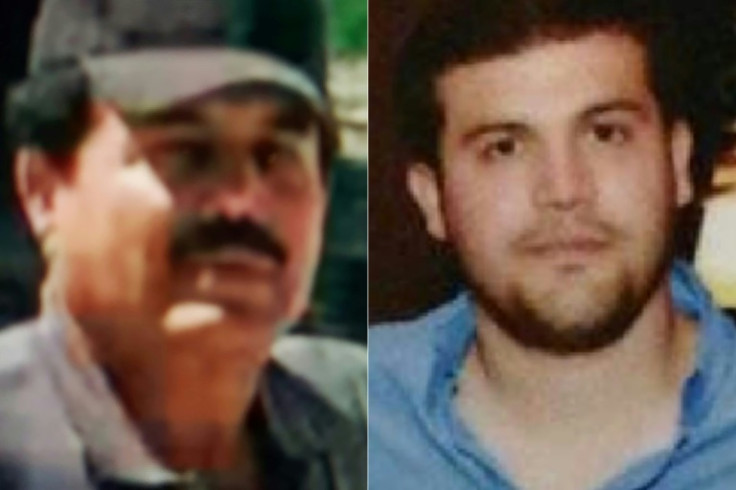
In Culiacán, a Mexican city long associated with drug trafficking, the recent capture of Sinaloa cartel leader Ismael "El Mayo" Zambada has heightened fears of violent conflict within the cartel and its potential consequences in the U.S.
Zambada, a co-founder of the Sinaloa cartel, was apprehended on July 25 alongside Joaquín Guzmán López, the son of Zambada's former ally, Joaquín "El Chapo" Guzmán. Zambada has accused Guzmán López of betraying and kidnapping him.
In a letter published by his lawyer, Zambada accused Guzmán López of luring him into a trap under the pretext of resolving a dispute. He said he was then restrained and flown to a small airport near El Paso, Texas, where both men were detained by U.S. agents. This turn of events has sparked tensions between the two dominant factions of the Sinaloa cartel, with insiders quoted by the Wall Street Journal predicting an imminent violent power struggle.
In the wake of the arrests, the Mexican government dispatched hundreds of special forces soldiers to Culiacán to maintain order. Despite the military presence, cartel members from both sides have begun mobilizing, with reports of gunmen being recruited and weapons stockpiled. A source close to Zambada's operations indicated that the "Chapitos," as Guzmán López and his brothers are known, have as many as 5,000 gunmen at their disposal, while Zambada's faction relies on alliances forged over decades.
Observers note that the fallout from this power struggle could extend beyond the cartel, involving other organized crime groups across Mexico as they vie for control of the Sinaloa cartel's lucrative fentanyl smuggling routes.
U.S. officials have revealed that Guzmán López had been negotiating his surrender for months, with Zambada's capture seen as an attempt to secure a more favorable deal with American authorities. Zambada, in a statement, claimed he was forcibly taken to the U.S. and called for restraint among his followers, warning against the use of violence.
The arrest of these high-profile cartel figures has prompted speculation about the potential impact on the cartel's operations. While the immediate effects are uncertain, experts believe that they will continue, driven by the relentless demand for synthetic drugs like methamphetamine and fentanyl.
If Zambada cooperates with U.S. prosecutors, he could provide extensive information about his criminal activities and connections with corrupt officials in Mexico, potentially leading to significant repercussions, the outlet concluded.
© 2025 Latin Times. All rights reserved. Do not reproduce without permission.





